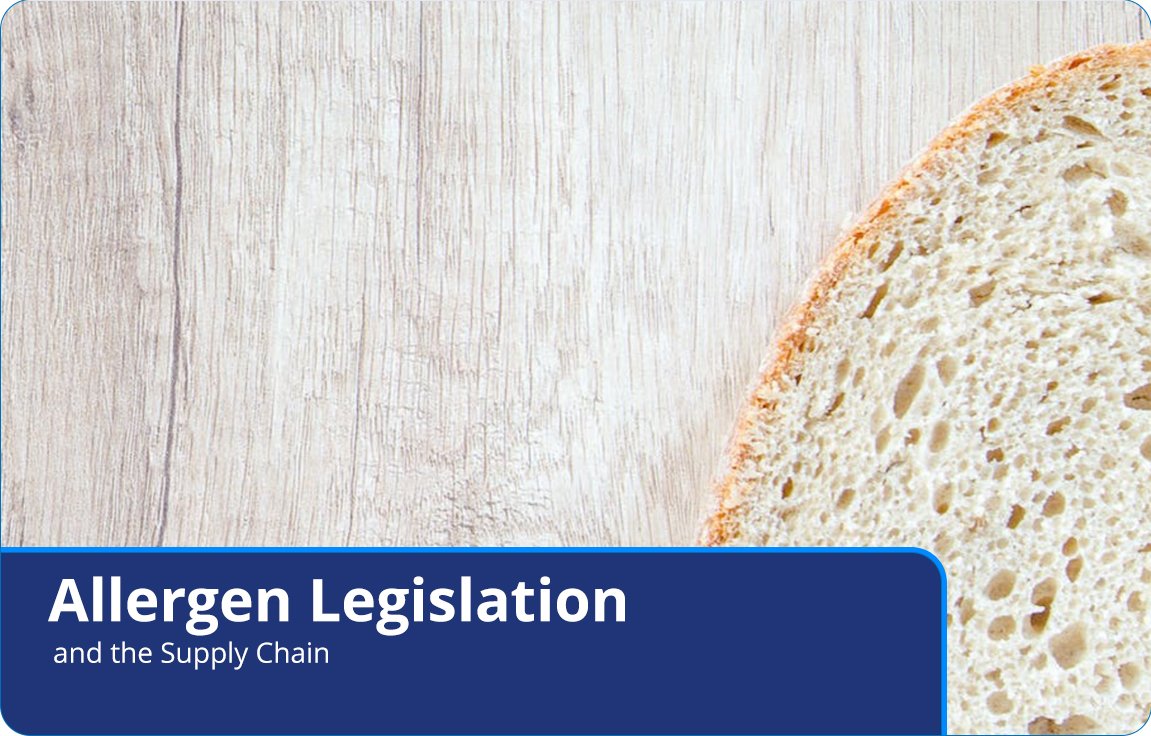Read Document...

Allergens and their legislation remain a key issue within supply chains. The mishandling of allergen information can cause dangers that often result in product recalls, costing businesses money, and damage to brand reputation.
Our updated report examines the importance of monitoring allergens in the supply chain.
“An Introduction to Allergens in the Supply Chain” covers the following issues in detail:
- What makes an allergen?
- The impact for food allergy sufferers.
- How allergens impact the supply chain.
- The importance of access to data and how technology can help.
